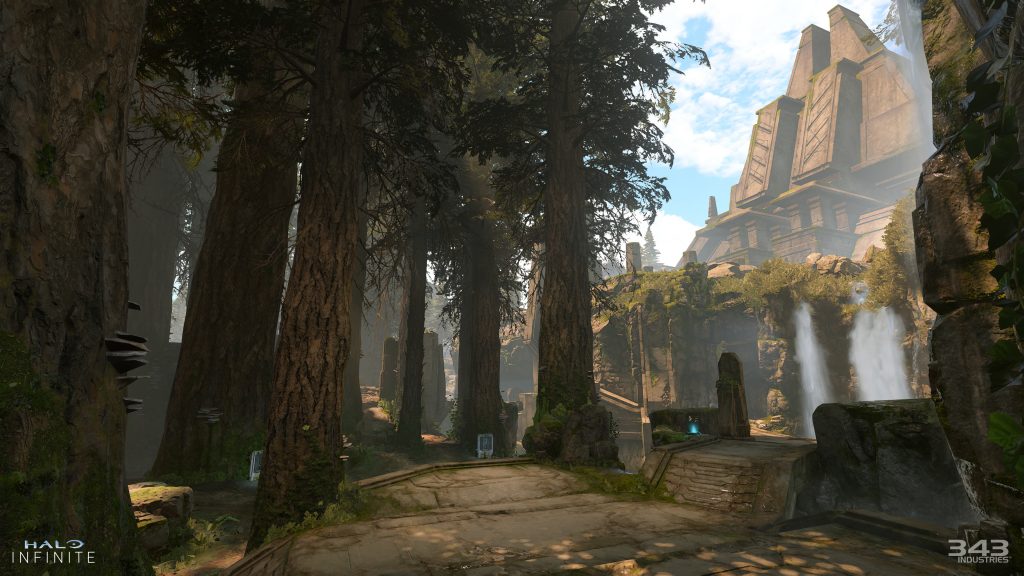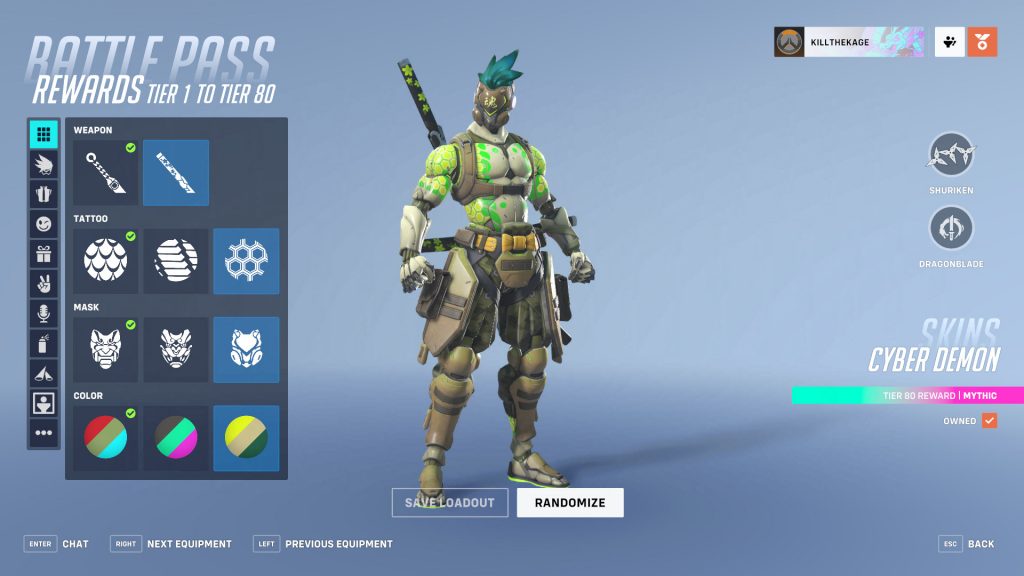As of the other day, the US Fair Trade Commission lost its petition to get an injunction against Microsoft’s acquisition of Activision Blizzard. This is big news! The questions are, though.
- Why did they want to try and stop the deal?
- What does it mean for Microsoft?
- What does it mean for gamers in general?
I’ll be up-front, I don’t think Microsoft stand to gain a share of the gaming market and make themselves some Disney-style monopoly. At least not in the short term.
As it stands, Microsoft isn’t number one in the gaming space. If we look at Sony and Nintendo, you could easily say hardware sales (consoles) and platform-exclusive games mean Microsoft and the Xbox aren’t really competitive at all.
Sure, the acquisition of Bethesda and the exclusivity of their future titles to Xbox is a big one. But look at Redfall…..that was a swing and a miss. Starfield is the big one, and I suspect being platform specific will ultimately hurt the release. What else does Microsoft have, though?
Halo, despite being my favourite series and a good release in Infinite, isn’t exactly setting the world on fire. Forza, Fable Perfect Dark, Sea of Thieves. These aren’t market-shakers like they used to be.
Weird hardware naming of the new Xbox Series consoles, too. It’s all just a weak showing for Microsoft on these more traditional fronts. They have strengths, sure, and in the future, Microsoft will have a huge lead in cloud gaming and streaming. But right now, they need to bolster the Xbox offering.

Why try and stop the deal?
In the name of anti-competition laws, Government bodies like the FTC (fair trade commission) in the US moved to slow, if not stop the Microsoft purchase of Activision.
The creation of a monopoly in any market is terrible, and watching one or two companies become the only players in any industry is a bad thing. How can consumers make informed decisions, without choice? We need competition in every market so we can ensure we’re getting a fair deal, high-quality products and a whole host of other reasons.
Keep us, the consumer safe. Give us choice, give us a market to buy from.
So this itself is entirely noble, and the right thing to do. The problem is, Sony/Playstation were involved, on the side of the FTC and honestly, I think they made it easier for Microsoft.
Talking about how consoles shouldn’t have exclusive games to their platforms, whilst being the worst in the industry for doing it themselves. Using Call of Duty as the lynchpin to their argument, saying that they would lose access to a massive seller on their platform. All the while, seeing that they have been doing deals for exclusive elements in Call of Duty in the background, for years.
Sony and the FTC were a little heavy-handed in their application of the “exclusives are bad” angle, and I think it lost them the injunction. Microsoft are a big corporation, able to pay billions of dollars for Activision/Blizzard, so they’re not saints in this either. But I do think it would be terrible business sense to stop selling games on as many platforms as possible. It’s just too much of a flawed argument.

What does it mean for Microsoft?
Intellectual property. Pure and simple. That, and a massive gateway into the mobile gaming market, with King being a massive part of Activision/Blizzard that generates a lot of revenue.
Microsoft then become the developer and publisher of Call of Duty, Warcraft, Starcraft, Overwatch and hundreds of forgotten properties that could be revived.
I’d suggest that even if the deal went through today, the initial impact of it wouldn’t be so significant. Bar, perhaps some titles showing up in Gamepass. It’s not like Microsoft is going to instantly be able to release new titles, exclusive or not.
They do have the opportunity to remove a poisonous executive team within Activision. Rife with sexual harassment allegations and a litany of other charges. Bobby Kotick will hopefully be removed swiftly. It’s a chance for Microsoft to help make game development nightmares a thing of the past in one of the biggest developers in the world. There’s got to be something in that, too, right?
Of course, the mobile gaming element is a cash generator, so that’s important because you aren’t spending billions of dollars and then not expecting to make it back, and then some. It’s all about money, let’s be honest.
I just can’t see the deal doing much for them in the short term. However, the cloud gaming argument is where Microsoft might really stand to shine. With their XCloud platform, a massive back catalogue of games and Intellectual Property to use at their leisure. The game pass proposition suddenly becomes very, very appealing to consumers.

What does it mean for gamers in general?
All being well, it means more games on more platforms (Call of Duty was promised as a Nintendo platform release for the next 10 years as a part of these proceedings!). And if you’re a business, why wouldn’t you put more of your product into as many markets as possible?
It’s likely to mean that the Gamepass proposition is even more attractive, using the XCloud infrastructure to eventually remove the need for expensive consoles entirely (this is why Sony is actually worried, not exclusive titles).
With the cloud gaming stuff, that’s where we might witness Microsoft become a monopoly in ten or so years down the line (let’s be real here, games are taking like 5+ years to create these days, so it’s not going to be a massive race).
Hopefully, it drives creativity, it helps smaller developers and publishers look at how they can become competitive in that space. VR won’t ever be what people think it’ll be, but when cloud gaming comes to fruition properly, and any device can stream games, that’s where we might see it actually become viable.
Microsoft has spent so much time propping itself up in the market, with Phil Spencer being the “gamer guy” face of the Xbox division. They’ll either lean more into that and give us a choice regardless of the platform. Or, it’ll take time and we’ll see that our options have become more limited than we realise.
With the prominence of Steam in the PC space, I don’t know that we need to worry, and Nintendo will continue to just do their own thing and excel. Hopefully, trade commissions will keep on them and keep them honest.
Only time will tell, really.
For even more opinion pieces like this, click right here.